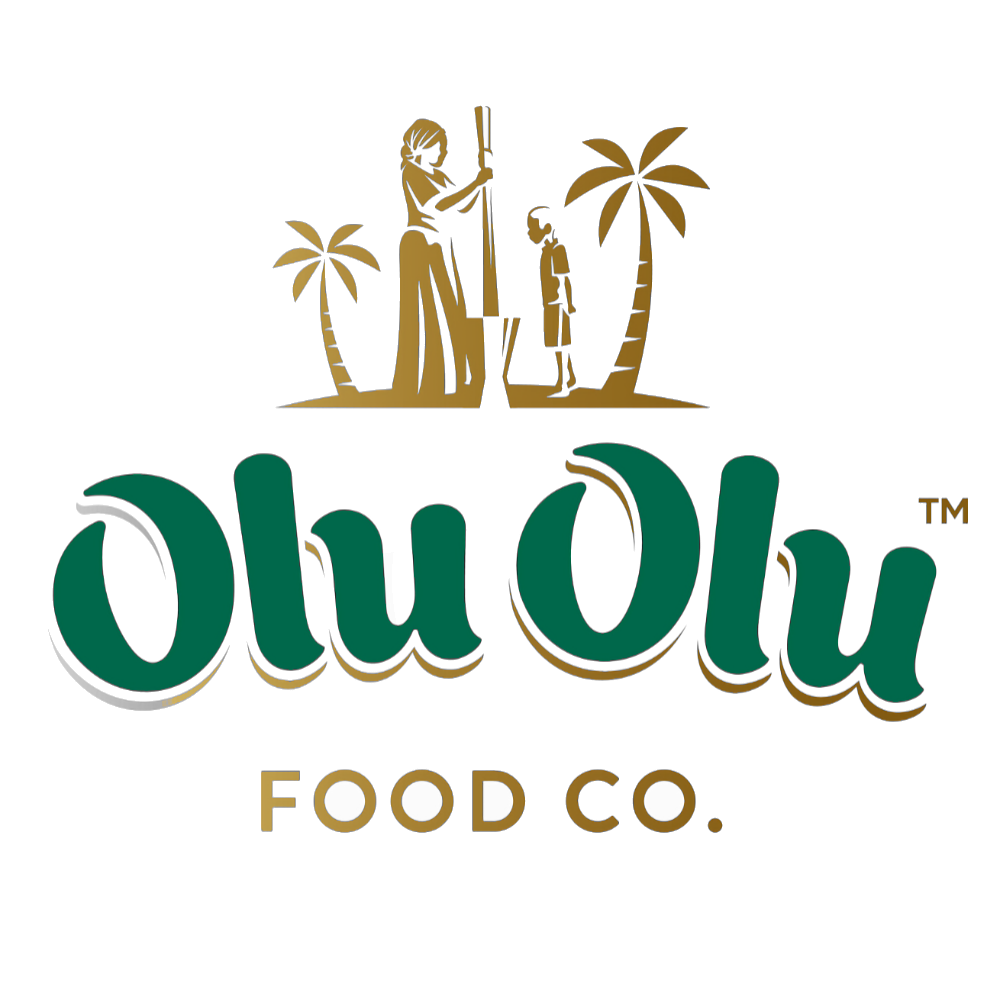
A SUSTAINABLE BUSINESS APPROACH
At Olu Olu® , we concentrate on undertaking a more sustainable business approach by working more closely with our farmers, the environment and by undertaking fair trade practices with our partners. Our main focus is to use the environment in an eco-friendly, low-impact and sustainable way.
We intend for our Olu Olu® Gives Back scheme to result in improved food security and for better prospects for poor rural communities living with the daily threat of famine and drought. We also aim to develop enterprising solutions that enable smallholder farmers to achieve a better quality of life. Olu Olu® ‘Gives Back’ marks a perfect coming together of our business and sustainability goals, providing us the opportunity to implement improved agricultural practices, whilst making a meaningful difference in the communities we work with.

FEEDING ORPHANS, FAMILIES & FOODBANKS (FOFF)
With FOFF, we provide assistance to feeding programs across the globe. We seek out and evaluate orphan care programs, religious institutions and food bank establishments that have exhibited the ability and history of providing free food to those in need, yet struggle with consistent supply of the necessary foods.
Food is either purchased locally in the recipient’s local community, provided by ourselves from our stock or funds are provided to do so. For those living in deprived or remote locations, we provide dehydrated foods in a package of six easy-to-fix servings (boil packs) of highly nutritious and fortified meals. We have also established a special fund to help feed the orphans that have been adopted. FOFF provides the adoptive family a monthly subsidy to help with the cost of feeding the adopted orphan.
OLU OLU® ‘FAIR TRADE’ INITIATIVE
Free trade is not responsible trade. When prices go down, farmers produce more in order to compensate for the loss in profit but prices inevitably drop further due to supply exceeding demand.
Fair-trade is the way trade should be: Fair, Responsible and Sustainable. For this reason, we have formed a fair-trade association, where prices are stable and our growers receive a guaranteed price premium. Every time ten tonnes of our merchandise is sold, we add another farmer into our cooperative, creating a dynamic business model that lends itself seamlessly to other charitable, social and business initiatives. With our Fair Trade initiative, we aim to ensure all people involved throughout our supply chain are treated fairly, from farmers, workers and communities to consumers; and we’re striving to minimise our company’s environmental impact from our farm fields to our factories.
Look for the Olu Olu® mark on products. It’s your guarantee that disadvantaged producers in the developing world are getting a better deal.

Olu Olu® produce may cost a little more, but we are paying the true, fair price for quality produce and also giving back to deprived communities.
Our Farming Not Famine Initiative is committed to advocating support in the interests of African, South American and Asian smallholder farmers, to ensure that there is a long-term commitment to aid and investment, and to ensure the sustainable development of agriculture and food production in these regions. Olu Olu’s® Farming not Famine Initiative works with rural communities and supports farming families in need to help improve their farms and livelihood. With this initiative, we aim to improve food security and better prospects for poor rural communities living with the daily threat of famine and drought, by providing employment and training on our farms, whilst educating members on ways to avoid famine and become self reliant on their local lands.

Buy a Product Plant a Tree
We partner with several organisations that work with thousands of farming families across the world. One of particular interest, is “Trees for the Future” who is currently working with thousands of farming families across nine countries in
sub-Saharan Africa. Over their 30+ year history, they’ve worked around the globe. In 2014, they focused their work in select African countries, where the climatic and economic challenges were most pressing, and they could make the greatest impact.
Where are the trees being planted?
Trees for the Future are currently working in nine countries across sub-Saharan Africa. These countries are where they are seeing the most impact with their approach. The benefits of planting trees with farmers in developing countries instead of mass tree plantings are incredible. Trees have a much higher rate of survival and benefit the family when being cared for by a farmer.



